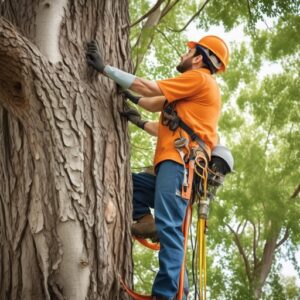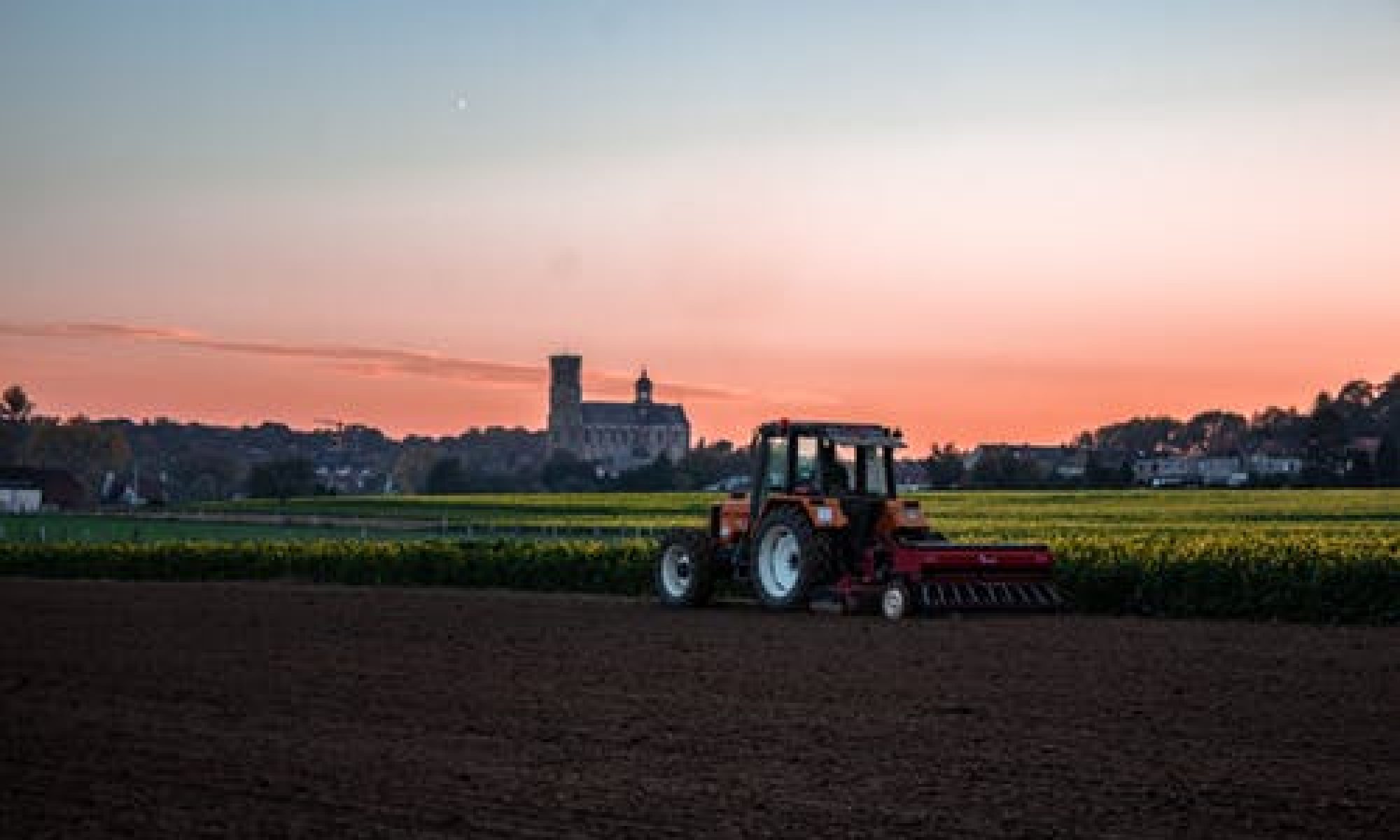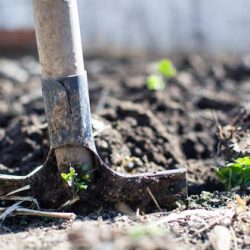
Farms are more than just fields of crops or pastures for livestock; they are complex ecosystems that require careful management to thrive. While farmers often focus on their primary crops or livestock, they may overlook the importance of trees and shrubs on their land. Enter the arborist – the unsung hero of farm management. In this article, we’ll explore why farms need to hire arborists and how their expertise can benefit agricultural operations.
Ecological Balance
Trees play a crucial role in maintaining ecological balance on farms. They provide habitat for wildlife, prevent soil erosion, and contribute to overall biodiversity. However, without proper care and maintenance, trees can become diseased or damaged, leading to negative impacts on the farm ecosystem. Arborists specialize in identifying and treating tree ailments, ensuring that trees remain healthy and vibrant contributors to the farm ecosystem.
Crop Protection
Believe it or not, trees can actually enhance crop yields on farms. They provide shade, which can reduce heat stress on crops during hot summer months. Additionally, trees act as windbreaks, protecting crops from strong winds that can damage or uproot plants. Arborists can strategically plant trees and design windbreaks to maximize their benefits for crop protection, ultimately improving farm productivity.
Pest Management
Trees are not immune to pests and diseases, and when left unchecked, these issues can spread to surrounding crops. Arborists are trained to identify and treat pest infestations in trees, preventing them from spreading to other parts of the farm. By implementing integrated pest management strategies, arborists can help farmers minimize the use of chemical pesticides and maintain a healthier environment for crops, livestock, and humans alike.
Soil Health
Healthy soil is the foundation of a successful farm, and trees play a crucial role in maintaining soil health. Their root systems help to aerate the soil, improve water retention, and prevent erosion. Additionally, trees can sequester carbon from the atmosphere, mitigating climate change and reducing the farm’s carbon footprint. Arborists can advise farmers on tree species selection and planting techniques to optimize soil health and improve overall farm sustainability.
Landscape Aesthetics
Beyond their practical benefits, trees also contribute to the aesthetic appeal of farms. Well-maintained trees can enhance the beauty of the landscape, making the farm more inviting to visitors and potential customers. Arborists can help farmers design and implement landscaping plans that highlight the natural beauty of their property while ensuring that trees remain healthy and structurally sound.
Risk Management
Large trees can pose safety hazards if they become diseased or unstable. Falling branches or uprooted trees can damage structures, equipment, or even injure people or livestock. Arborists are trained to assess tree health and identify potential risks before they escalate into emergencies. By proactively managing tree health and safety, farmers can minimize the risk of accidents and protect their assets.
Conclusion
In conclusion, an arborist play a vital role in farm management, helping farmers to maintain healthy trees and shrubs that contribute to the overall health and productivity of their operations. From ecological balance to crop protection, pest management, soil health, landscape aesthetics, and risk management, arborists bring a wealth of knowledge and expertise to the agricultural sector. By investing in the services of arborists, farmers can ensure that their trees thrive, providing a multitude of benefits for both the farm and the surrounding environment. So, the next time you stroll through a picturesque farm, take a moment to appreciate the silent guardians – the arborists – who work tirelessly behind the scenes to keep the greenery flourishing.

